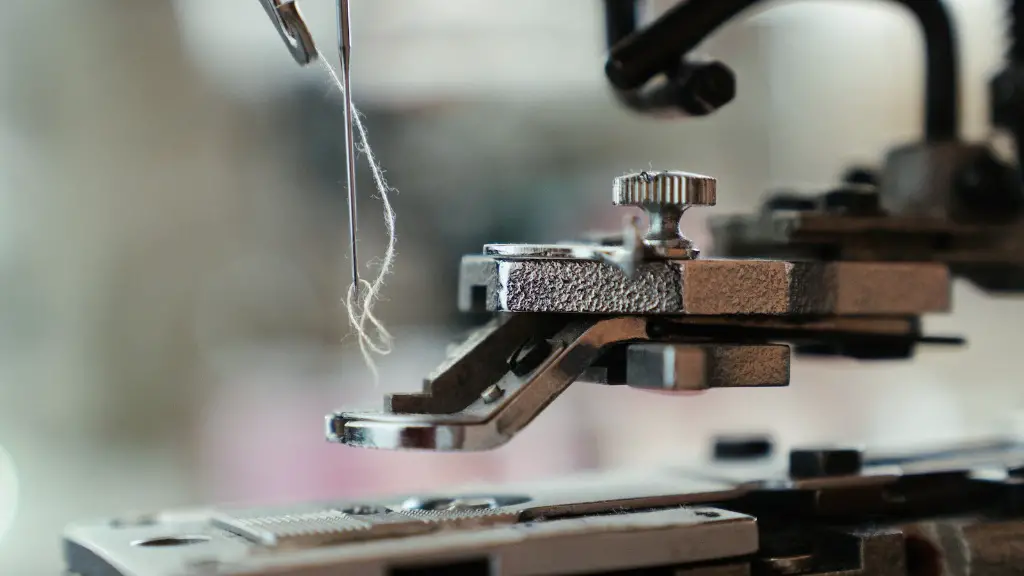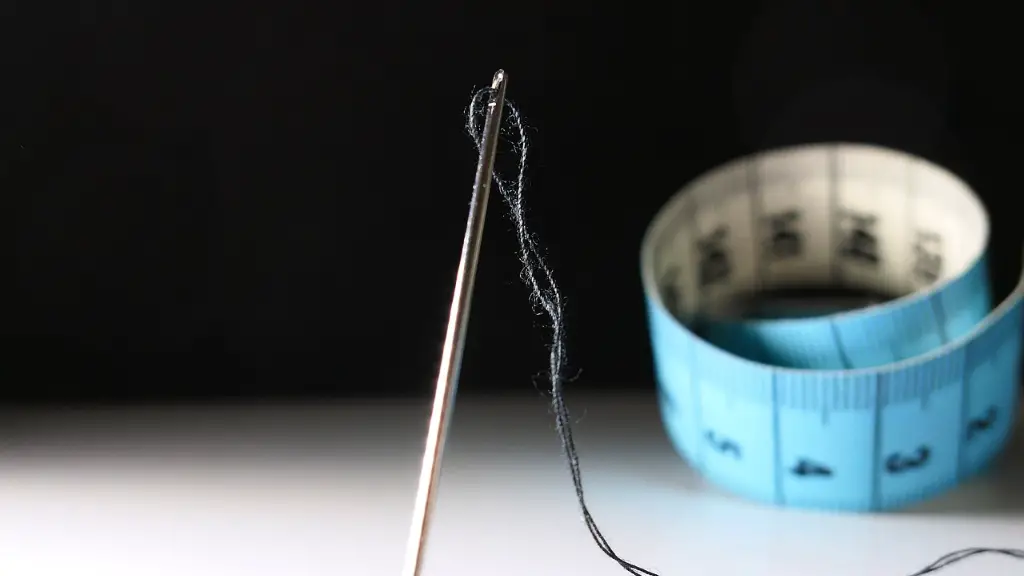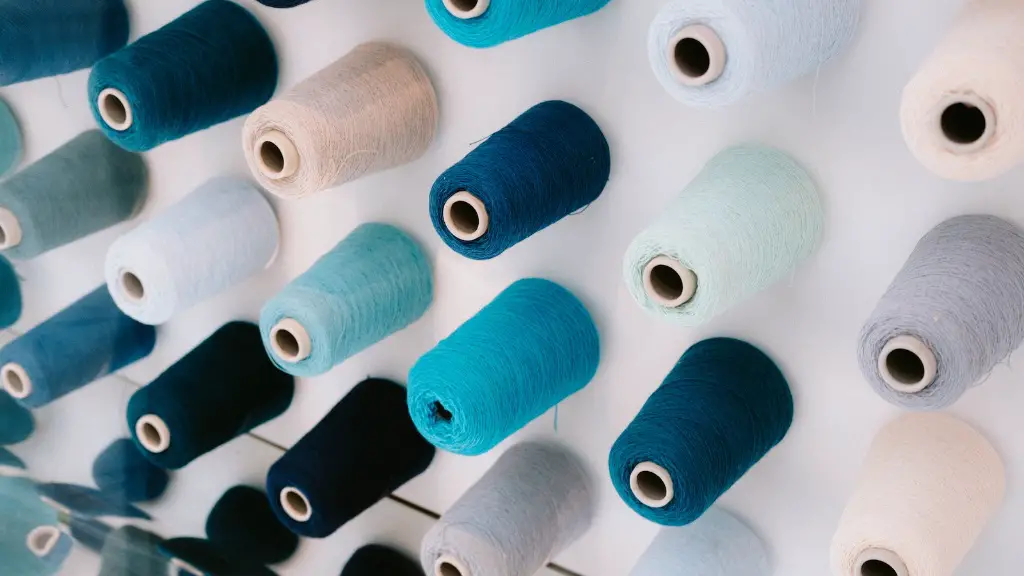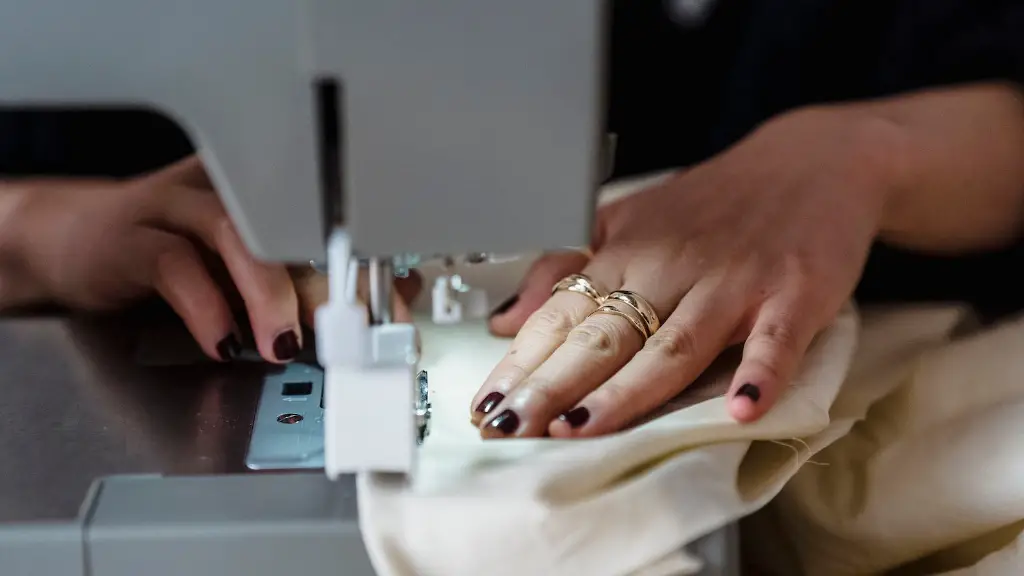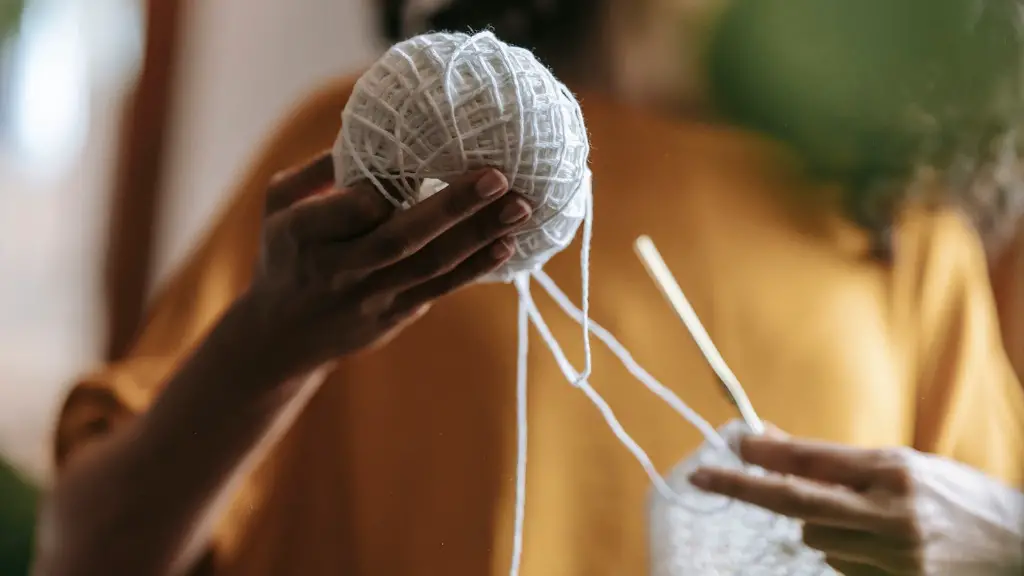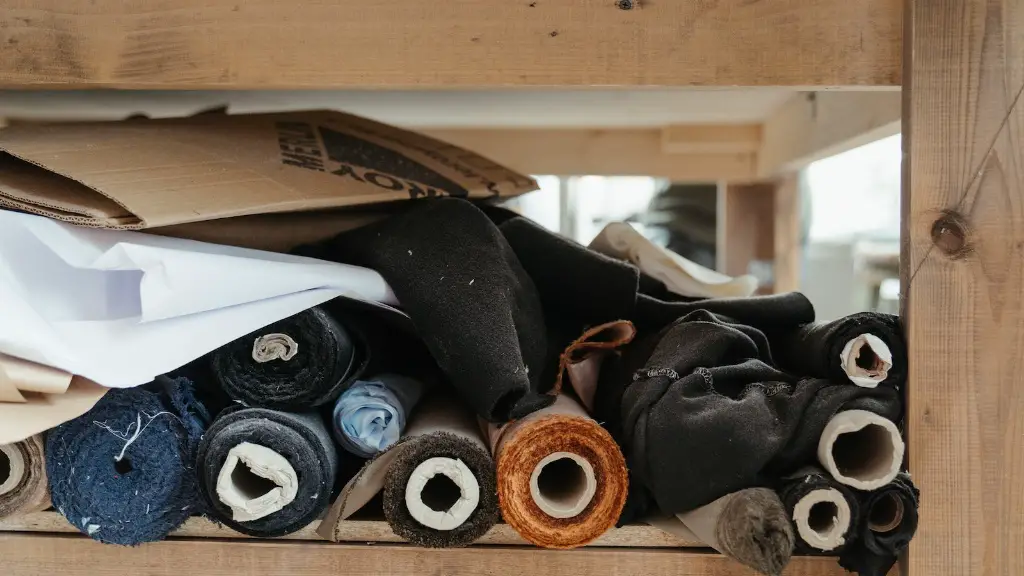No, not all sewing needles fit all machines. Each sewing machine is designed to use a specific type and size of needle. If you use the wrong type of needle for your machine, it can damage the machine or cause your projects to turn out poorly. Be sure to consult your machine’s manual to find out which type of needle you should use.
No, sewing needles are not one size fits all. Different sewing machines require different types and sizes of needles. Be sure to consult your sewing machine’s manual to find out which types of needles are compatible with your machine.
How do I know what needles fit my sewing machine?
There are two main types of needles used for sewing – hand needles and machine needles. Hand needles are used for a variety of tasks such as hand-sewing a button or patching a hole, while machine needles are used to sew fabrics together using a sewing machine.
The size of the needle you use will depend on the type of fabric you are working with. A good rule of thumb to keep in mind is that the lighter the fabric, the smaller the needle size, and the heavier the fabric, the larger the needle size. Many times the thread you will be using for your sewing project will also determine the type of needle you choose.
If you are unsure of what size or type of needle to use, most needle companies show both sizes on the package. If you still can’t decide, it’s always best to err on the side of a larger needle rather than a smaller one.
The most important thing to know about sewing machine needle sizes is that the higher the number, the thicker/heavier the needle. In the American system, needle sizes range from 8 to 19, with 8 being a fine needle and 19 being a thick heavy needle. In the European system, needle sizes range from 60 to 120, with 60 being a fine needle and 120 being a thick heavy needle. Either way, if you’re looking for a thicker/heavier needle, you’ll want to choose a higher number.
Does it matter what needle you use for sewing machine
When choosing a sewing machine needle, it is important to consider both the size and the type of needle that you need. The size of the needle will depend on the type of fabric you are using, as well as the thickness of the fabric. The type of needle you choose will also depend on the type of fabric you are using. For example, if you are sewing with a delicate fabric, you will want to use a needle that is designed for delicate fabrics.
SINGER Sewing Machine Needles are universal, meaning they work with SINGER, Brother, Janome and other quality brand sewing machines. This is great news for sewers who have more than one type of machine, as it means you only need to keep one type of needle on hand. No more searching for the right size when you want to switch machines!
What are the 7 different types of sewing needles?
There are many different types of hand sewing needles, each designed for a specific purpose.Sharps are general all-purpose needles used for hand sewing. They have a sharp point and a medium-sized eye.
Embroidery/Crewel needles have long, narrow eyes and a very sharp point. They are ideal for embroidery work.
Beading needles have a very small eye and a sharp point. They are used for sewing on beads and other small embellishments.
Chenille needles have a sharp point and a slightly larger eye. They are perfect for sewing chenille yarns.
Darning needles have a long, sharp point and a large eye. They are used for mending holes in fabric.
Quilting needles have a sharp point and a medium-sized eye. They are perfect for piecing quilts and for hand-quilting.
Felting needles have a sharp point and a large eye. They are used for sewing felted fabrics.
Canvas needles have a sharp point and a large eye. They are used for sewing canvas and other heavy fabrics.
The first number on a needle label is its gauge—how thick the needle is Higher numbers mean thinner needles The second number on the label is how long the needle is.
What happens when you use the wrong size needle sewing machine?
If you’re not sure which needle to use for your machine, fabric, or thread, ask a professional or consult your machine’s manual. Using the wrong needle can cause serious damage, so it’s important to be sure you’re using the right one.
There are a few different needle types to choose from for your sewing machine, and the one you ultimately choose should be based on the fabric you’re working with. For general sewing, an 11/75 or 14/90 universal needle is usually a good choice. If you’re working with a particularly thick or delicate fabric, however, you may need to use a different type of needle. Ultimately, it’s important to test out a few different needle types before settling on one, to ensure that you’re getting the best results for your project.
What are the 3 types of needles
Different Types of Needles
There are a few different types of needles available on the market, each designed for specific tasks. Here is a brief overview of some of the most popular needles:
Universal: The point of the universal needle is slightly rounded, making it a good choice for sewing a variety of fabric types.
Ballpoint: The point of the needle is rounded so that the needle can easily pass through fabric ends rather than pierce them. This makes ballpoint needles ideal for sewing delicate fabrics.
Quilting: Quilting needles have a sharp point, making them great for piecing together quilts.
Leather: Leather needles have a sharp point and a slightly thicker shaft, making them ideal for sewing thick leather or canvas.
Denim: Denim needles are very strong and have a sharp point, making them ideal for sewing denim or other thick fabrics.
Topstitching: Topstitching needles have a very sharp point and a large eye, making them ideal for topstitching or other decorative stitching.
Stretch: Stretch needles have a medium ballpoint tip and are designed specifically for sewing stretchy fabrics.
For beginners, experts recommend bamboo or wooden needles because the stitches don’t slide off of the needles as easily as they do with other materials. In addition, they’re also comfortable in your hands and won’t slip away like other materials such as plastic or aluminum needles.
Does needle size matter?
There are pros and cons to using longer and shorter needles when injecting medication. Longer needles can increase the chances of bruising, bleeding and pain, but they also allow you to inject medication into your muscle more easily. Short needles, being 4mm and 5mm pen needles, reduce the risk of injecting medication into your muscle, but they can be more difficult to use and can cause more pain. Ultimately, the decision of which needle to use depends on your own preferences and what you are comfortable with.
Most household needles now have two bands of color. The top color band indicates the needle type and the lower color band indicates the needle size. However, some needles, such as SCHMETZ Universal, Hemstitch, Double Eye, and Quick Threading needles, only have one color band to identify needle size.
Why does my needle keep breaking in my sewing machine
A very common cause of broken needles is an incorrectly placed bobbin case. If it isn’t locked into position correctly, the needle can hit it and break off. Always make sure that you bobbin is properly loaded in its case, and the case is inserted correctly!
SCHMETZ needles are compatible with all Brother sewing machines, but the most popular needles that work with Brother machines are Universal, Quilting, Microtex, and Embroidery Needle system 130/705 H. These needles have a flat shank that makes them compatible with most Brother machines.
Are Kenmore needles universal?
If you’re looking for needles that work with Kenmore sewing machines, your best bet is to look for Universal, Quilting, Microtex, or Embroidery needles. SCHMETZ needles are compatible with all Kenmore machines, but these four types are the most popular.
A universal needle has a slightly rounded, sharp point with a tapered needle — midway between a sharp and ballpoint needle. Easily slipping through fabric waves, it is sharp enough to pierce woven cotton fabrics, but not so sharp it will damage knits.
Warp Up
No, all sewing needles do not fit all machines.
No, all sewing needles do not fit all machines. Each machine is designed to use a certain type and size of needle. Using the wrong type of needle can damage the machine and result in poor stitch quality.
